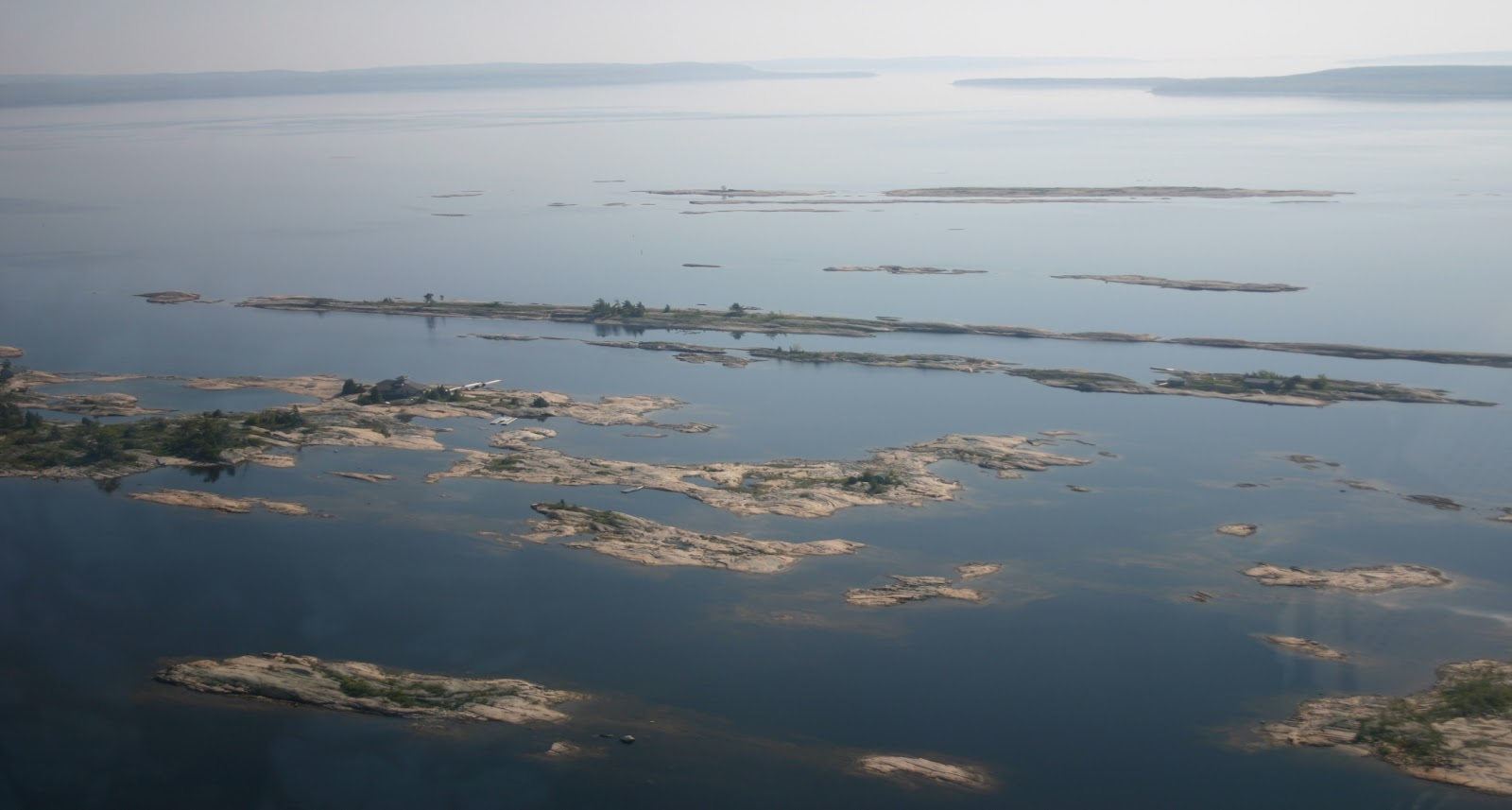Next steps are being taken towards an education centre honouring the late Bill Davis.
The District of Muskoka’s Finance and Corporate Services (FCS) committee greenlit $50,000 for the next phase of consultation at its meeting on Wednesday. It follows a further $50,000 thumbs-upped by Georgian Bay Council at its meeting in May.
The William Grenville Davis Centre for the Great Lakes would be built in Georgian Bay Township’s Honey Harbour, and house educational and research facilities for several schools.
Davis had served as Premier of Ontario from 1971 to 1985, and passed away last August.
The two municipalities approved and funded a feasibility study for the proposal in November, with the consultant presenting their findings to municipal councillors earlier this year, indicating several stakeholders were interested in the idea.
According to a staff report, this next phase of consultation would include initial work on the costing, architectural footprint, and business plan. A non-profit organization would also need to be created to manage the project, because district grants can only be given to designated non-profits.
“It’s a community that could use a little bit of a boost, and I think with a small boost it could become exceptionally robust,” said District Chair John Klinck at committee. “I think this is the type of initiative that could very well change the face of Honey Harbour, and as a result, there will be undoubtedly benefits to all of Muskoka.”
Klinck added that he will “advocate with higher levels of government” to drum up further support and funding, and suggested that FedNor might be willing to help because of the project’s “significant job creation component.”
Peter Koetsier, Mayor of Georgian Bay and the FCS committee’s newly-acclaimed chair, said the project would appeal to the province for a number of reasons.
“It is addressing our natural environment, it is addressing a biosphere region, and I think it is extremely important that we have education that is geared towards protecting our natural environment, and informing our [provincial] residents of how important it is to protect our natural world,” said Koetsier.



